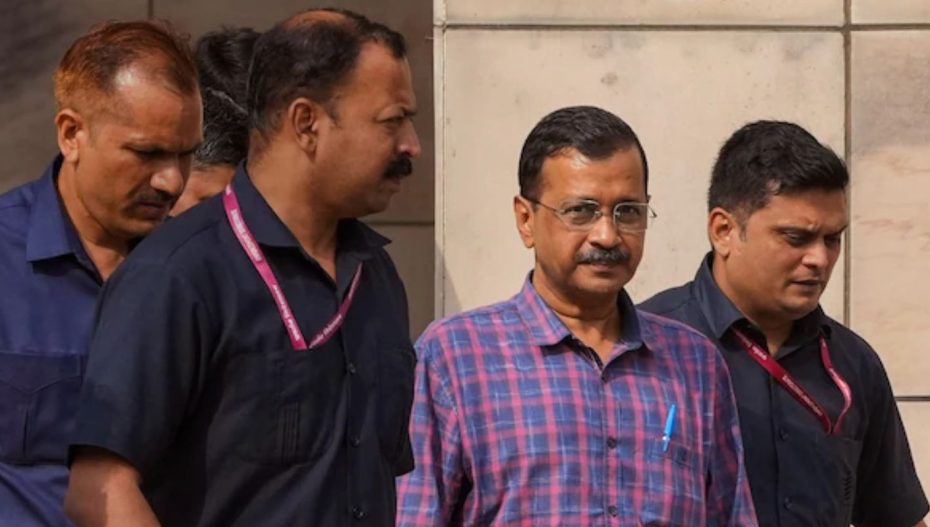Delhi Chief Minister Arvind Kejriwal on Monday became the fourth member of the Aam Aadmi Party (AAP) to be lodged in Delhi’s Tihar Jail. He will be in jail till April 15.
Mr Kejriwal was in the custody of the Enforcement Directorate (ED) since his arrest on March 21. The ED is investigating his role in the alleged liquor policy scam and said it may need his custody again.
The Delhi chief minister will be in Tihar’s Jail No 2, with his ex-deputy, Manish Sisodia in Jail No 1, former health minister Satyendar Jain in Jail No 7, and Rajya Sabha MP Sanjay Singh in Jail No 5.
Bharat Rashtra Samithi (BRS) leader K. Kavitha, who is also former Telangana Chief Minister K Chandrashekar Rao’s daughter, is in Jail No 6 of the women’s section. Ms Kavitha is accused of being part of the ‘south group’ that paid bribes to the AAP to get liquor licences in Delhi.
Facilities available
Mr Kejriwal can watch television except during scheduled prison activities, such as meals and lock-up. He will be allowed to watch news, entertainment and sports. Medical staff will be available 24X7 and Mr Kejriwal, who is a diabetic, will have regular check-ups during his time in prison.
The chief minister, who has so far run the Delhi government from the ED lock-up, can meet family members twice a week. However, their names must be cleared by prison security.
Like other prisoners, Mr Kejriwal’s day will begin at sunrise, around 6:30 am. He will be given tea and a few slices of bread as breakfast. If he does not have to go to court. he will discuss matters with his legal team.
Lunch between 10:30 and 11 am will consist of dal, ‘subzi’ and five rotis or rice. Prisoners are then locked in their cells from 12 noon to 3 pm. At 3:30 pm they get a cup of tea and two biscuits. They can meet their lawyers at 4 pm. An early dinner, the same as lunch, is at 5:30 pm, after which the prisoners are locked up for the night by 7 pm.
ED asked to submit note
Meanwhile, the Delhi High Court on Monday asked the ED to submit its note to the special judge on the issue of Mr Kejriwal passing orders while in its custody.
A bench of acting Chief Justice Manmohan and Justice Manmeet P S Arora said the special judge, dealing with the money laundering case in which Mr Kejriwal has been arrested, is directed to pass an order, if required.
The court disposed of the public interest litigation (PIL) which sought directions to prevent Mr Kejriwal from issuing orders in his capacity as the chief minister while in ED custody.
The ED’s counsel informed the court that it was not providing any infrastructure to Mr Kejriwal to pass orders.
The petitioner, Surjit Singh Yadav, said in the PIL that issuance of such orders by Mr Kejriwal in the capacity as the CM is against the legal framework as well as the principle of fair and proper investigation. The plea also sought a direction to the ED not to provide a typist, computer and printer to Mr Kejriwal.
Also Read: Congress’s Tax Trials And The Myth Of Fair Elections












